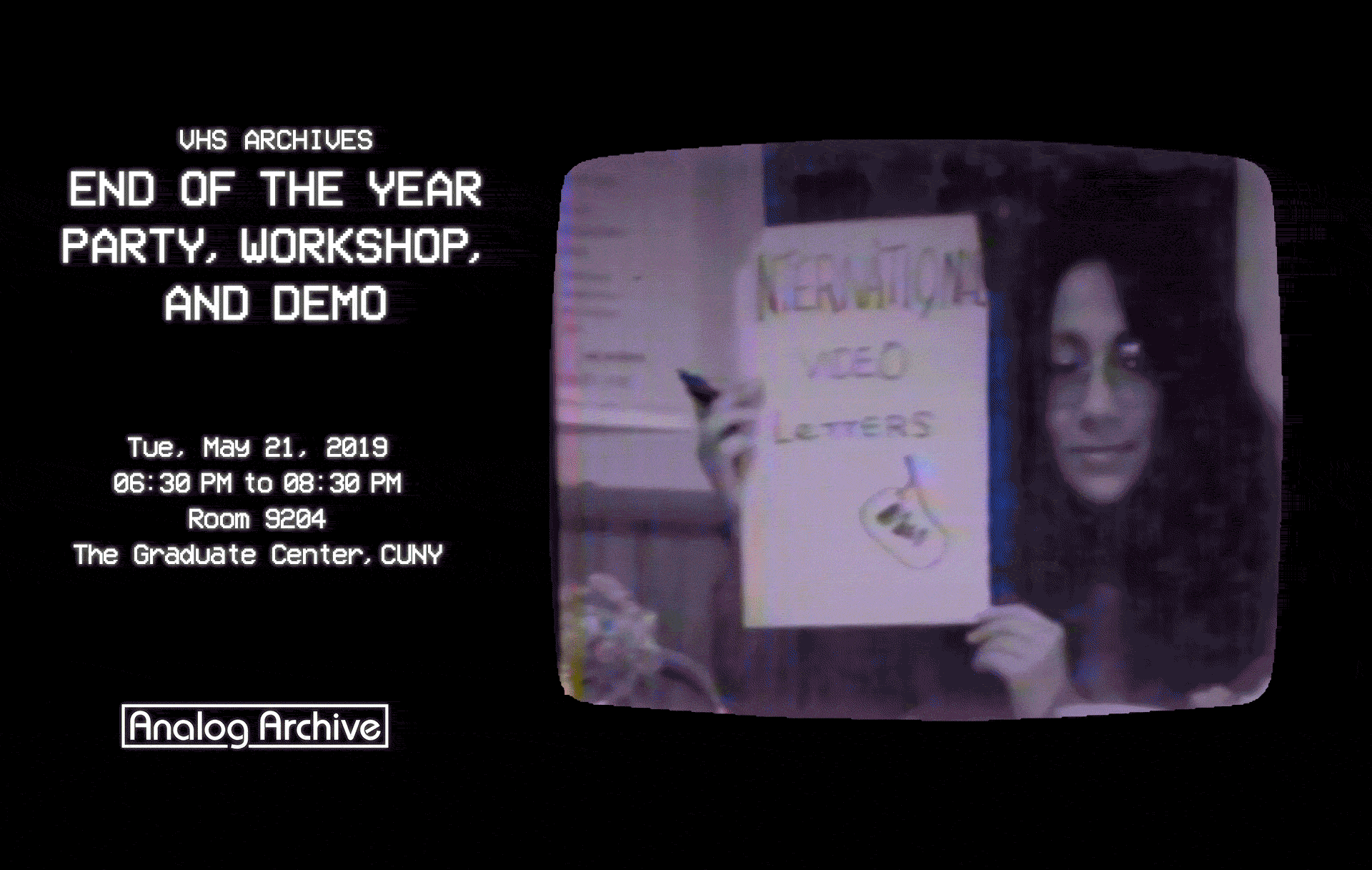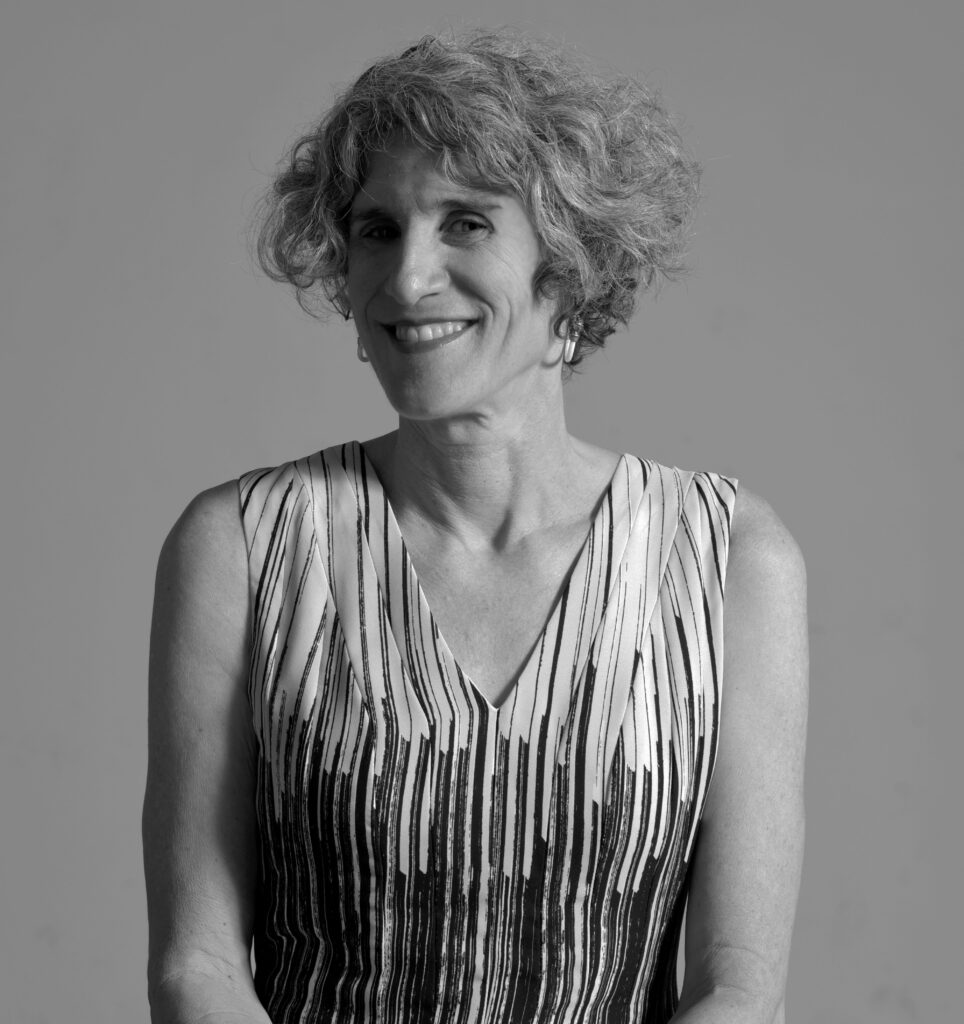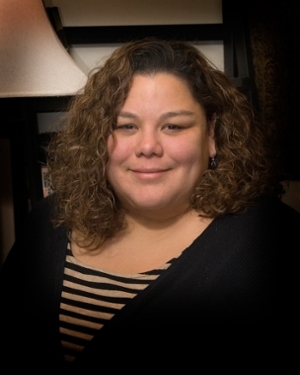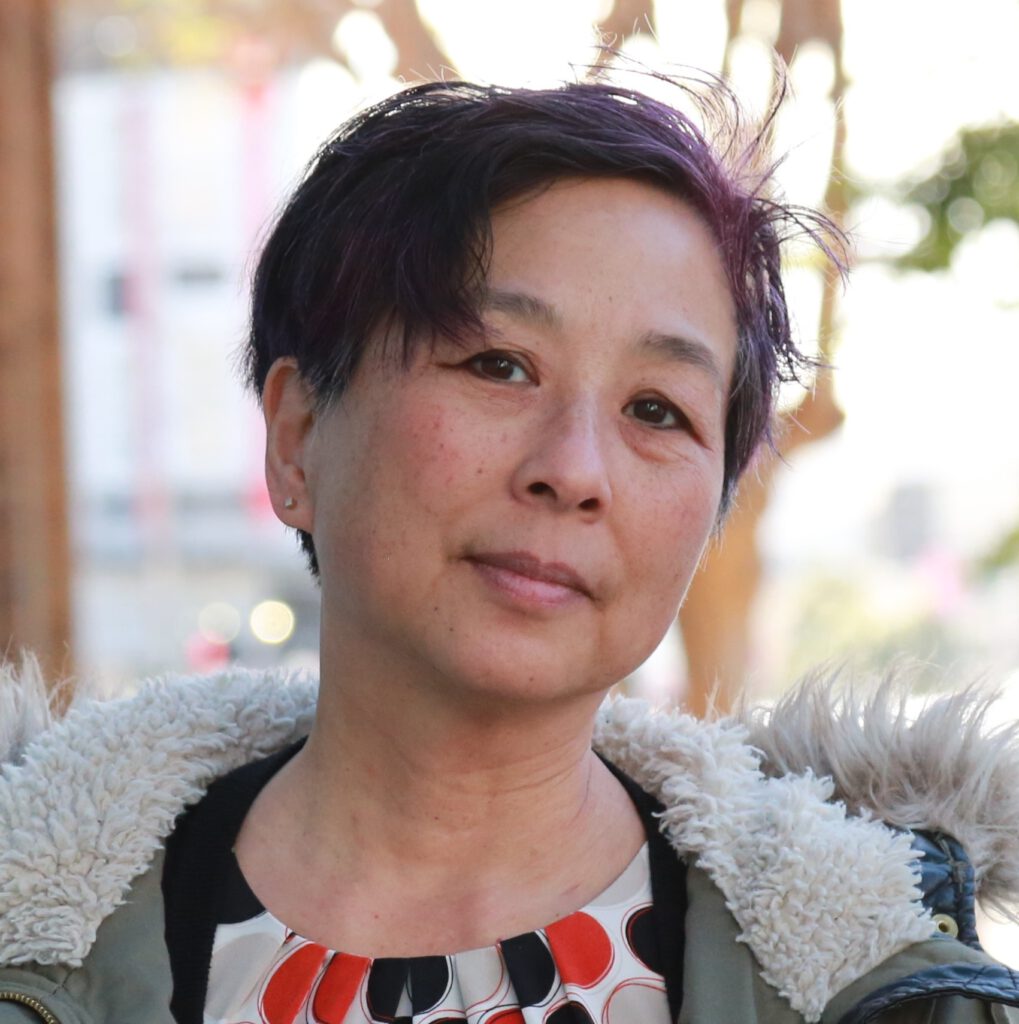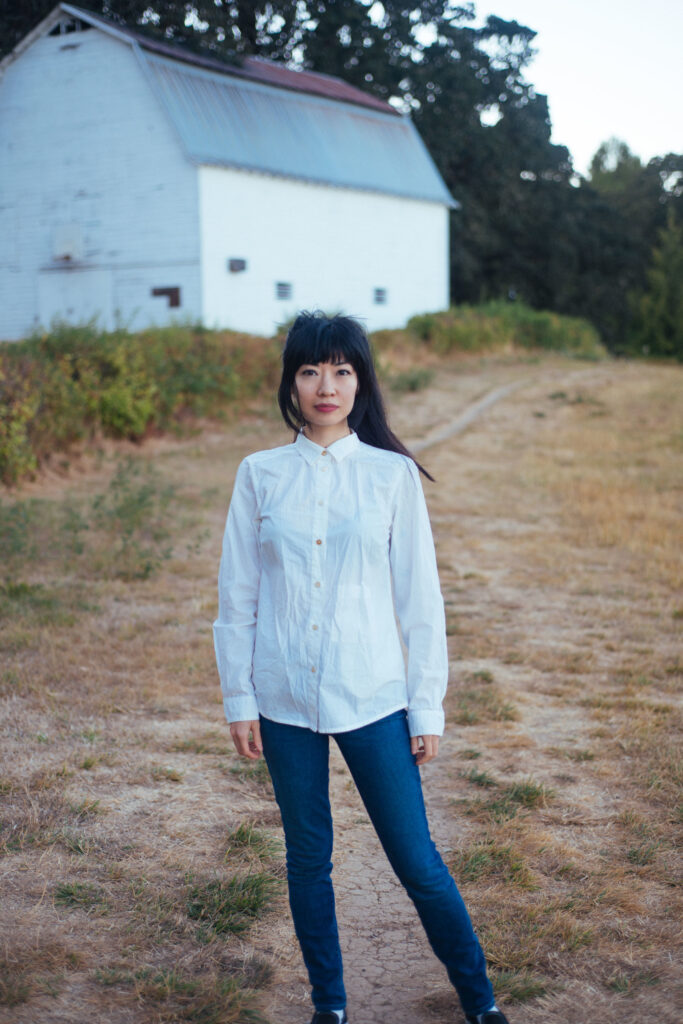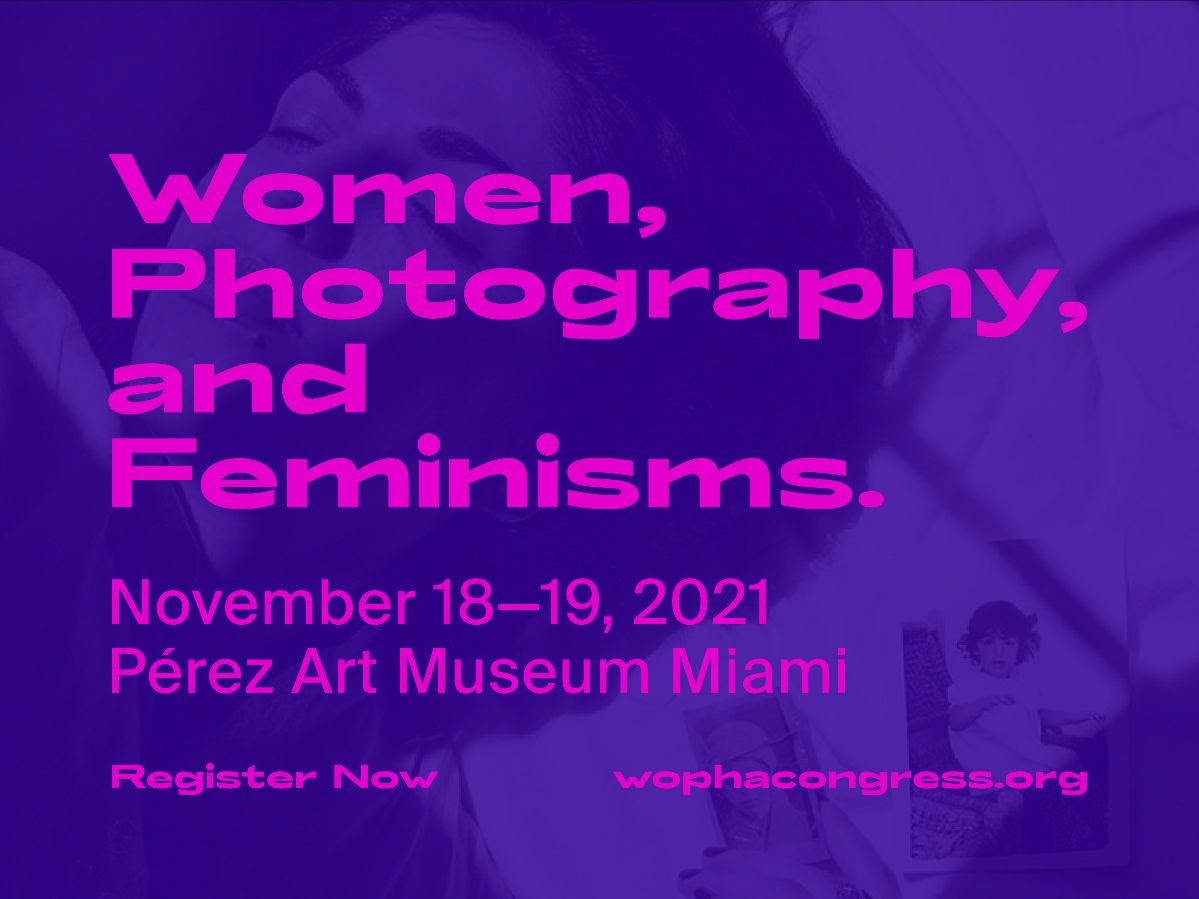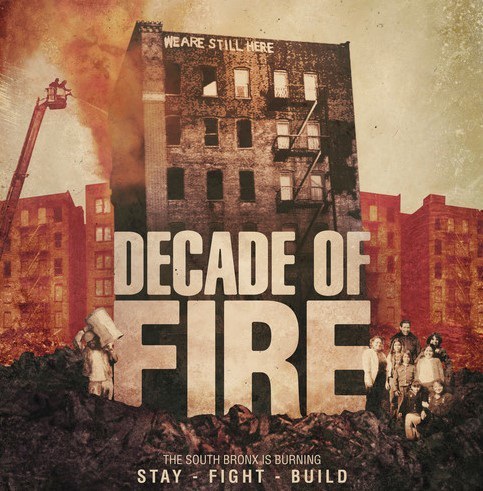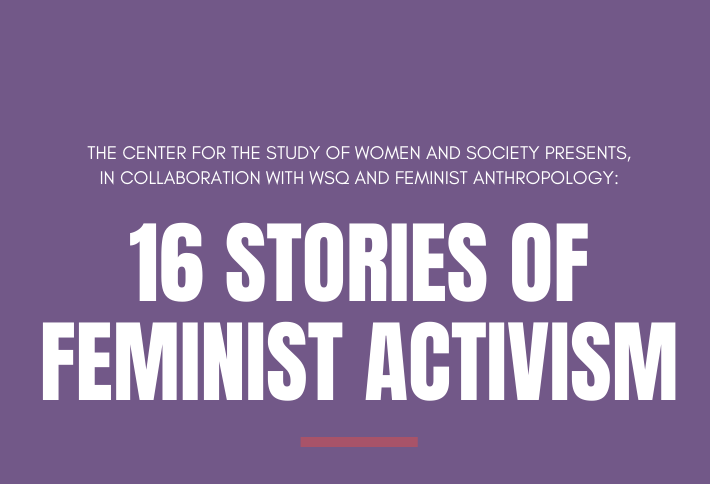Collective Visions: The Past, Present, and Future of Feminist Media (Day 2: Public Screening & Conversation)
Tue, Nov 17, 2020
7:00 PM–8:30 PM
This event will take place online via Zoom. Please register below. This event will be ASL interpreted and closed captioned.
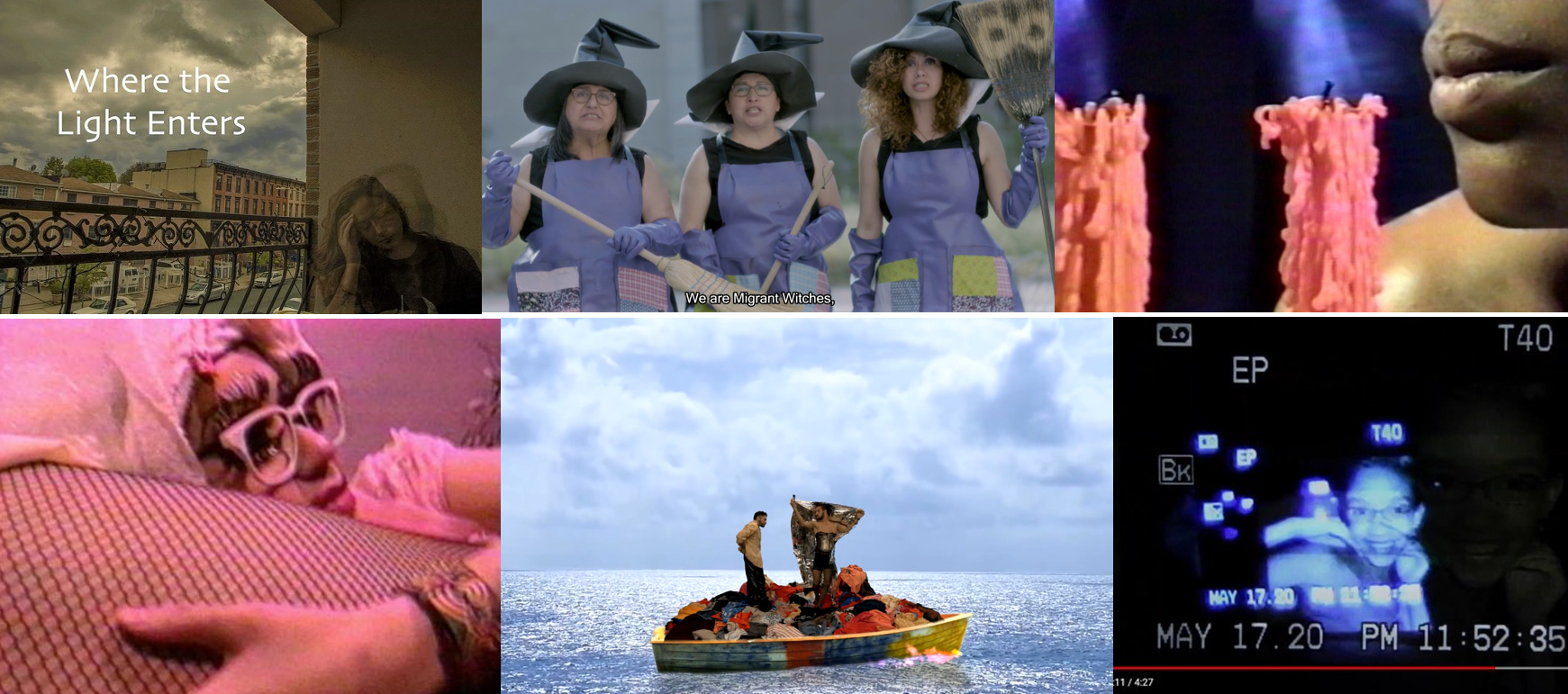
Watch the recording for Part 1, Show & Tell: Intergenerational Screenings and Conversation here:
Watch the recording of Part 3, Public Film Screenings and Conversation here:
Other Links, Resources and Event Documentation:
Pre-recorded presentations from Part 1:
Mila and Valerie:
Juanita and Pharah:
Frances and Betta:
Original 1994 Research Meeting:
Click here to visit the interactive website
Click here to visit Feminist Media Histories:
Informed Historical Reveries, special issue on feminist media activism
that pairs writers inter-generationally, edited by Angela Aguayo and
Alexandra Juhasz.
Click here to download or read an edited PDF of the chat conversation for Part 1 of this event.
Click here to download or read an edited PDF of the chat conversation for Part 3 of this event.
Join us for the finale of “Collective Visions: The Past, Present, andFuture of Feminist Media,” for a public screening with two filmmakers
from the original ‘94 gathering Cheryl Dunye and Shu Lea Cheang, who will be joined by two contemporary CUNY film students and makers Neha Gautam (Feirstein Graduate School of Cinema) and Diva Martinez (Brooklyn College) who will screen their own short works. The screenings will followed by a moderated discussion by Devon Narine-Singh (MA student in Screen Studies, Feirstein Graduate School of Cinema) and Alex Juhasz & Angela Aguayo, co-editors of the Feminist Media Histories special issue, “Informed Historical Reveries,” Vol. 5 Issue 4, October 2019, 1-18.
Part 3: Virtual Screening and Conversation.
SCREENINGS:
- Shu Lea Cheang will be screening Episode 1 (14min) of WONDERS WANDER – Con Brujas, Avanzamos (With witches, we move), on migrant queers.
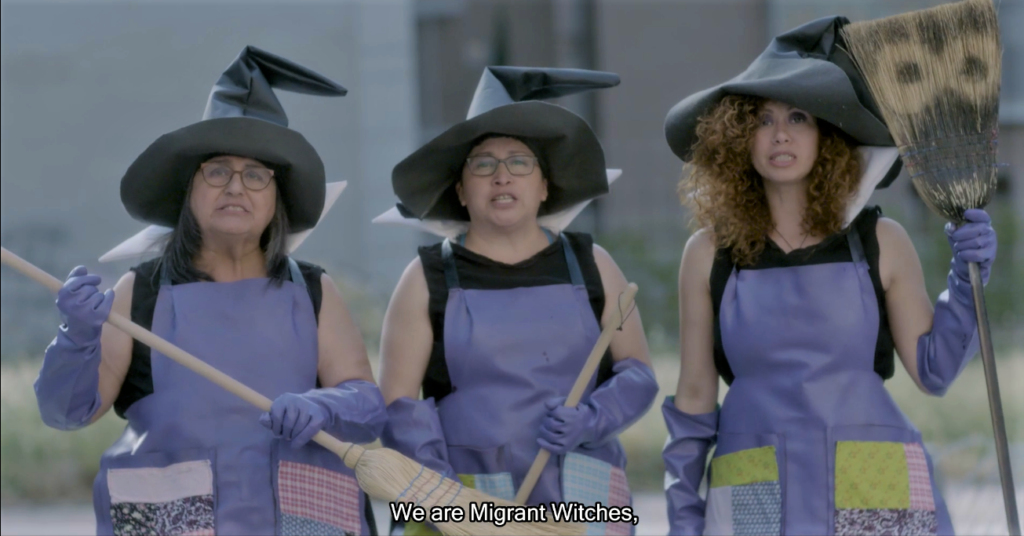
- Screening of Cheryl Dunye’s 1990 film Janine (9 mins)
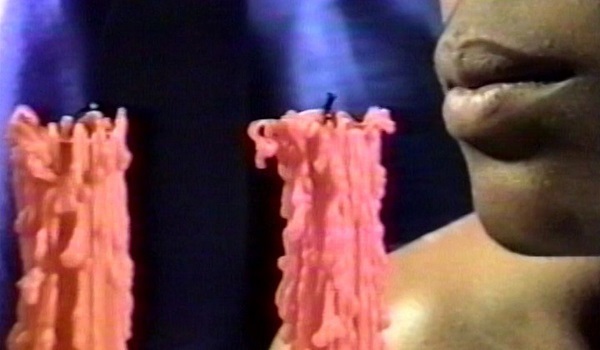
- Screening of Sex Fish (directed by Shu Lea Cheang) in which water signifies the relation between the sexualization of nature and the naturalization of sexuality.

- Neha Gautam will screen from her documentary “Where the Light Enters”

More about this 2-day intergenerational event
In 1994 Professor Alexandra Juhasz (Brooklyn College)
recorded a research meeting, Womxn of Vision, about the history of
feminist media at Women Make Movies. 40 feminist media makers and
scholars converged to discuss topics that remain relevant today:
feminist film and video history, distribution, access, activism, and
much more. Participants included Cheryl Dunye, Yvonne Rainer, Shu Lea Cheang, Annie Sprinkle, Abigail Child, Su Freidrich, Sarah Schulman, Juanita Mohammed Szczepanski, Shari Frilot
and many more notable artists/makers/thinkers. With support from The
Center for the Humanities, the 4+ hour VHS recording of the meeting has
found a new home on an interactive website where it can be viewed and annotated.
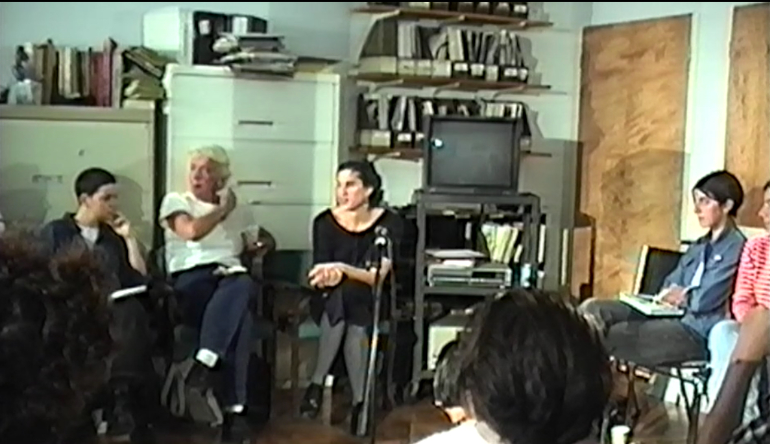
We invite you to join us on Monday and Tuesday November 16th and 17th to re-activate this archival document again through three intergenerational engagements. Original participants will converse with new generations of queer/feminist mediamakers and audience members will have opportunities to share and reflect on new media. Hosting this as a virtual event creates a self-reflexive layer to this project’s focus on technology, accessibility, and annotation.
Over three related gatherings, this two-day event will consider: What
significant changes have occurred since this original discussion 25
years ago? What are we still fighting for? What comes next? What part
can we each play in the history, present and future of feminist media?
PROGRAM
Monday, November 16th, 1:00-4:00 PM
Intergenerational screening and conversation
This afternoon gathering and workshop will invite intergenerational
pairs of filmmakers to present their work, comment, and share reactions,
ideas, and related media prompted by the original Women Make Movies
recording within a group setting.
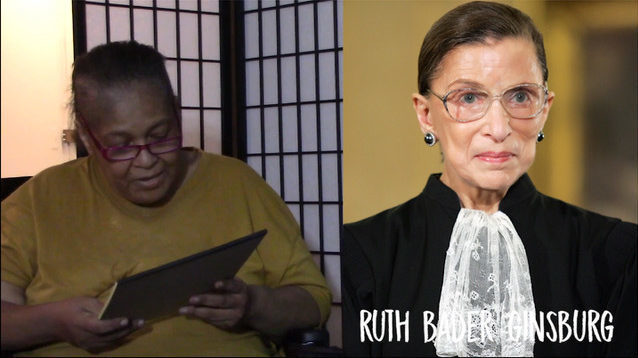
Part 1: Show and Tell, 1:00-2:30 PM
Selected inter-generational pairs will share a clip from the original recording, a clip of their own media, and ideas prompted by the two. Audience members will respond in the chat: a building document of the two-day event which will be paired with the recording of the presentation.
1. Juanita Mohammed Szczepanski and Pharah Diaz: a family connection
AIDS activist video-maker, Juanita Mohammed Szczepanski, who attended
the original research meeting in NY, will share poetry video as well as
insights about community made video, particularly for Black women and
girls, with her granddaughter, Pharah.
2. Valerie Soe and Mila Zuo: mentor and fan
Valerie Soe, writer and experimental video-maker, attended a research meeting for Women of Vision
in San Francisco in the 1990s. She will be in conversation with the
next-gen scholar and artist, Mila Zuo. Both share an interest in
transnational Asian and Asian/American cinemas, film philosophy, acting
and performance, star studies, feminist and queer theory, and critical
race and ethnicity studies.
3. Frances Negron-Muntaner and Elisabetta Diorio: student/teacher
Puerto Rican filmmaker, writer, and scholar, Frances Negron-Muntaner, who was interviewed in the original book and documentary, both called Women of Vision, will continue a conversation with her undergraduate student, Elisabetta Diorio, that developed from the recent return to the project.
Click here to Register for Part 1: Show and Tell.
Part 2: Present and Engage, 3:00-4:00 PM
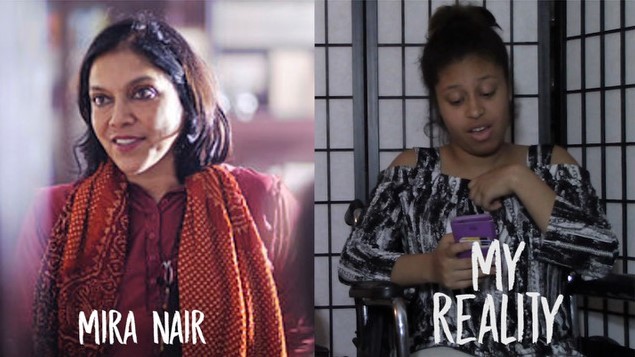
Just as did the pairs in the Show and Tell, participants will be
asked to come with two prepared media clips—a few key minutes from the
original meeting and another clip of feminist media inspired by the
meeting—to share and discuss with their break-out group. We will pair
you, or you can sign up as a pair. Please come prepared for this hands on, interactive, small-group session.
Click here to sign up in advance to participate in Part 2: Present and Engage.
This event is co-sponsored by the VHS Archives working group from
the Center for the Humanities at the Graduate Center, CUNY, and was
generously made possible through a Community Partnership grant with
Humanities NY.
Participants
Related Events
Conversation
Sarah Schulman on “LET THE RECORD SHOW: A Political History of ACT UP, NY 1987-1993”

Conversation, Screening & Presentation
Collective Visions: The Past, Present, and Future of Feminist Media

Workshop
VHS Archives: End of the Year Party, Workshop, and Demo
